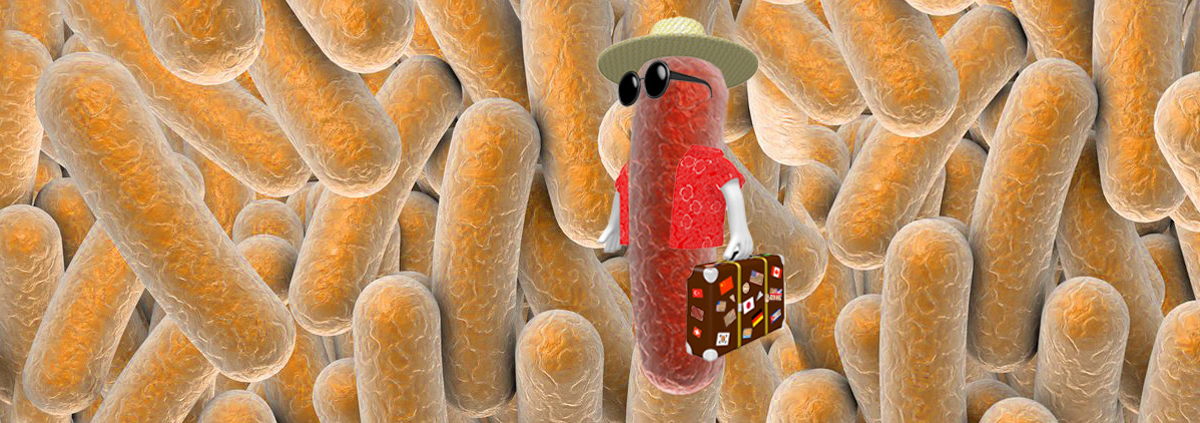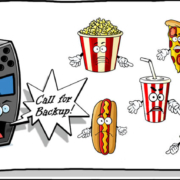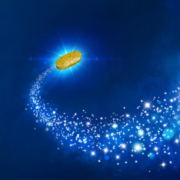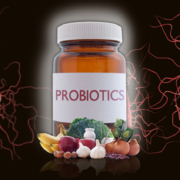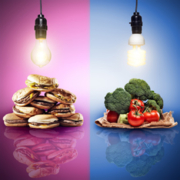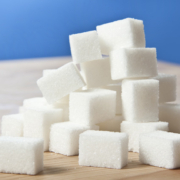Fearsome Twosome: C. Diff and Clade A
Clostridioides difficile, C. diff for short, is a serious bacterial infection typically acquired after antibiotic treatment in a hospital. Antibiotics disturb the microbiome balance, and as a result, a bacterium that typically may not be a threat becomes one. But C. diff is not just a single bacterium.
In a recent paper, researchers from London sequenced and compared the DNA of 906 strains of C. diff—906! They reported that 761 strains came from humans living in 33 countries. They found that C. diff is still evolving. In fact, one species has adapted to living in hospitals; the type of C. diff that seems to dominate has been termed Clade A. It didn’t develop overnight; it took many years, but it developed specifically for the hospital environment.
Clade A has two characteristics that are a problem for us. It’s resistant to anti-bacterial cleaning products and therefore survives after cleaning. Even more critical is that this form of C. diff has developed the ability to use sugar as a fuel. The researchers actually tested modifying the diets of mice exposed to Clade A and found that it thrived with a sugary diet.
Where does that leave us? I think that further research should explore changing the typical hospital diet including elimination of sugars and simple carbohydrates. The cleaning part is more complicated. Heat will kill it, but that applies to only hospital instruments; for instance, you can’t heat a door handle or a bed’s handrail or to a high enough temperature to kill bacteria. A different solution must be discovered.
For now, in addition to the normal antibacterial precautions, I think it’s smart to greatly limit simple carbs post-surgery or when you’re spending a lot of time in a hospital.
What are you prepared to do today?
Dr. Chet
Reference: www.nature.com/articles/s41588-019-0478-8.

